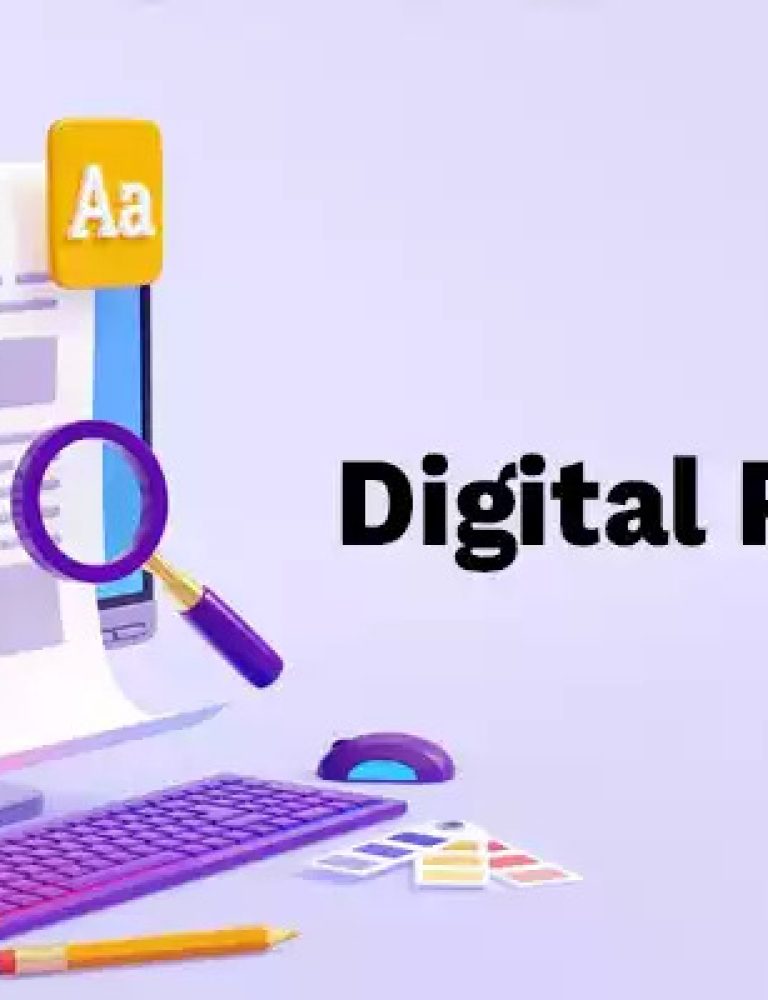Considering the fact that the way students consume educational content is rapidly evolving, publishers must consider creating new revenue streams to cater to the demands of today’s digital readers.There is a need for more robust strategies that will also give publishers more opportunities for content monetization.
The global book publishing market revenue has risen by 0.2% CAGR during 2018-23 to reach a value of $132.4 billion, and there is still potential in the industry to carry it further than that milestone.
In this context, digital publishing platforms like KITABOO enable K12 publishers to create interactive educational content that leads to better revenues down the line.
In this blog, we will explore six key strategies that will help open up new monetization avenues and enhance your revenue streams.
Table of Contents
II. 6 Robust Strategies for Content Monetization
- Capitalize on Ad Sales
- Data Monetization
- Digital Subscriptions
- Affiliate Marketing
- Content Partnerships
- Content Licensing and Sales
III. Conclusion
The Publishing Outlook
While some data may suggest that paper-based books are still the preferred option for many readers, the education and K12 industries have noticed a completely different trend.
In general, paper-based books still remain the consumer favorite. Research conducted by Real Research Media highlights that 42.73% of people prefer paper books, while 24.79% prefer eBooks. However, research conducted exclusively within the education sector showed that 74.6% of the students preferred eBooks because they were easier to carry.
With the recent evolution that is occurring in the education sector because of digitalization, publishers will find better digital content monetization opportunities in this sector, whereas the traditional print industry remains more or less unchanged.
6 Robust Strategies for Content Monetization
K12 publishing houses need to rethink their content monetization models to cater to their digital audiences. Here are six dedicated strategies you can adopt:
1. Capitalize on Ad Sales
Businesses that publish content to the web collect user data through firsthand consent and third-party cookies. This includes viewing behavior, intent, interests, past purchases, and other information for every user that uses your publishing channels. There is an opportunity to improve ad sales by leveraging this information for your advertisers who may be interested in it.
You can also experiment with setting up custom information for your high-value advertisers – this information may not be standard but can be collected within the ambit of regulation with user consent.
2. Data Monetization
Advertising revenue isn’t the only opportunity that opens up with digital publishing. As the audience datasets you gather become more exhaustive with time, you can apply AI-based analytics and business intelligence tools to consolidate them for sale to a broader market.
One way to do it is by leveraging the anonymized data exchange method where your brand name doesn’t appear anywhere. Your data management platforms would already be collecting the data, and by facilitating a data provider seat for your buyers, you can set up an alternative revenue stream.
3. Digital Subscriptions
Customer retention is real, and it has risen to the top priority for the publishers surveyed by Minna Technologies recently. 68% believe that subscription retention needs to be the top priority for publishers in 2023.
This is because 93% of the subscribers are more aware of the expenses their subscriptions generate. One of the most important revenue streams you will unlock in the publishing business is gaining customer loyalty, simply because it is a revenue challenge – in the starting 6 months of this year, 37% of subscribers churned.
4. Affiliate Marketing
The numbers are old, but the message is clear: according to Business Insider, affiliate marketing efforts were responsible for 15% of the revenue of the digital media industry. Publishers can explore the opportunities of marketing the products they endorse on their channels to generate a passive income through sales commissions for each item sold.
Affiliate marketing efforts are easily measurable, and when done right, they can generate sufficient passive income for the publisher.
5. Content Partnerships
You can attempt to diversify the content you provide by entering into partnerships with your associates. Publishers have the opportunity to understand a wider range of user interests through the data their DMPs collect and partner with content providers to cater to those interests.
Guest posts, podcasts, interviews, event coverage, etc., are several options where publishers can explore partnership options for generating new content that may interest their readers.
For example, for entertainment publishers, getting an exclusive podcast with a celebrity can help drastically increase impressions and traffic to the web. Some of this can then be converted through marketing efforts.
6. Content Licensing and Sales
As a publisher, if you are creating authentic, high-quality content with the purpose of distribution or sharing, you can explore licensing as a way of generating some revenue on the side. The more high-quality and impactful content it is, the better licensing fee you can set for it.
An excellent example is demonstrated by some of the major consulting houses on the globe, like E&Y, Reuters, and others. They perform extended market research across various verticals and provide these reports either for purchase or for member-only access unlocked through a subscription.
Conclusion
Publishing revenue strategies are designed to consider modern ways of content dissemination and distribution. Publishers need technologies that are able to keep up with consumer demand in order for revenues to rise steadily.
In this context, note that KITABOO provides publishers with a robust digital publishing platform that is holistic and consolidated. With the help of this platform, publishers can design, create, manage, publish, distribute, and analyze their content and data from a single dashboard.
Write to us at KITABOO@hurix.com for more info!
Discover How An Ebook Conversion, Publishing & Distribution Platform Can Help You
Kitaboo is a cloud-based content platform to create-publish & securely distribute interactive mobile-ready ebooks.
You May Also Like
-
Digital Publishing Solutions: Innovate and Excel in 2024
Blog,Digital Publishing,eBook solution / February 21, 2024







